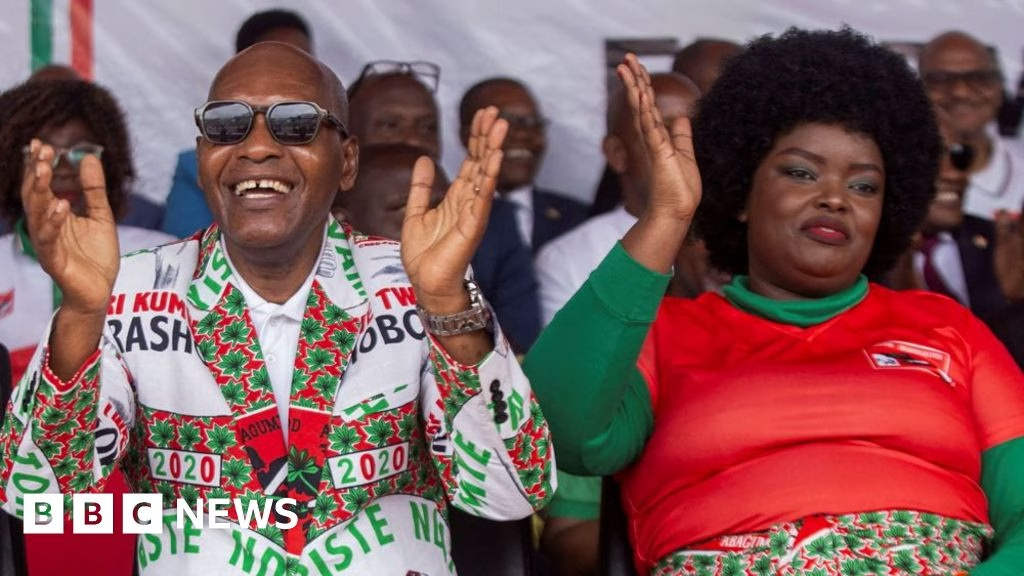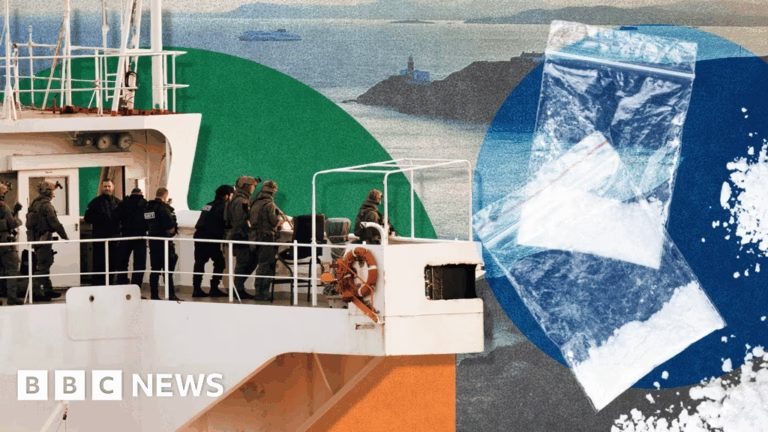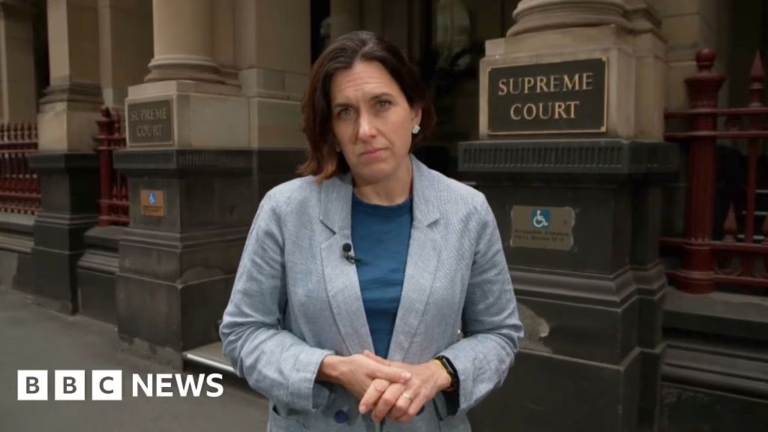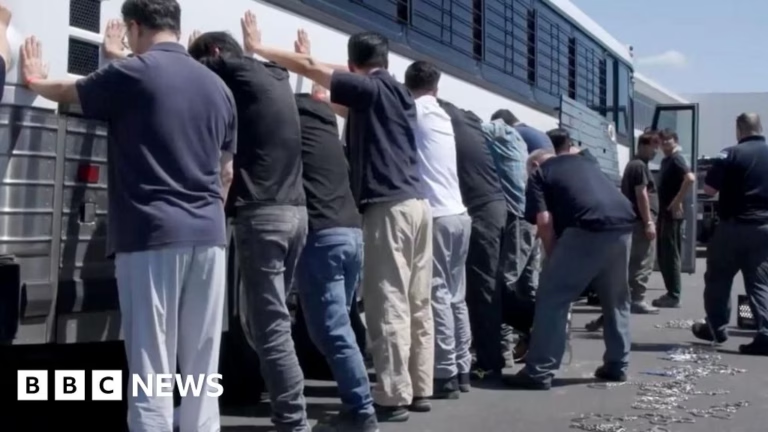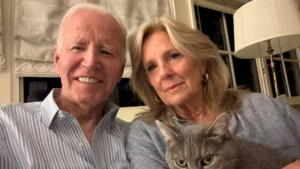Voters in Burundi are participating in elections against a backdrop of rising inflation, fuel shortages, and allegations of political suppression. Although positions in the National Assembly, Senate, and local councils are at stake, President Évariste Ndayishimiye is safely in his role as president until 2027. The elections will gauge the appeal of the ruling party, CNDD-FDD, a former rebel group in power for the past 20 years. However, opposition parties claim their supporters are being intimidated by the ruling party’s youth league, and some political analysts remain silent about the elections due to fear of repercussions and potential consequences of speaking out against the ruling party, which has been suggesting that a one-party system would be beneficial for the country. There are also concerns about chronic foreign currency shortages, leading to a decline in economic activity, and extremely low average annual incomes. Despite this, the ruling party believes its governance has contributed to the improvement of economic conditions for Burundians.
Source: https://www.bbc.com/news/articles/cdxvk1wdxx0o
